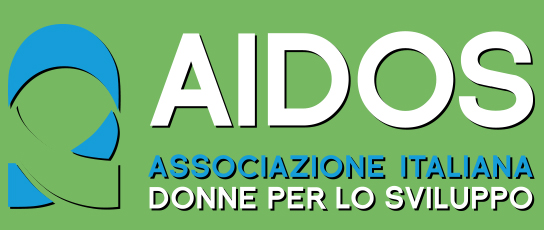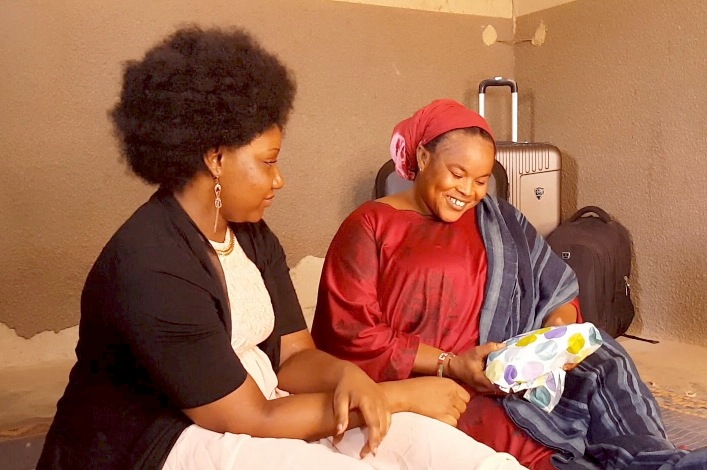2021 Sexual and reproductive health and rights / Training
WHERE
Europe: Italy, Belgium and other European countries. Africa: Burkina Faso, Republic of Guinea, Mali, Mauritania, Senegal and other African countries supported by the UNFPA-UNICEF Joint Programme on Eliminating FGM.
PARTNERS
European partners: AIDOS (applicant) and GAMS Belgique (Belgium). African partners: ASD (Republic of Guinea), AMSOPT (Mali), JED (Senegal), Mwangaza Action (Burkina Faso); public and private health and social structures, the country offices of the Joint Programme on FGM in the implementation of some activities.
BACKGROUND
FGM is an issue that affects all continents, including Europe. An estimated 200 million women and girls in thirty countries have been subjected to female genital mutilation (FGM) and, if the practice continues at the current pace, 68 million girls will undergo FGM between 2015 and 2030 in 25 countries where data is available. Two million additional cases of female genital mutilation may occur over the next decade as COVID-19 shutters schools and disrupts programmes that help protect girls from this practice. The 2030 Agenda calls on all countries to take measures to end discrimination and eliminate violence against women and girls, including harmful practices such as FGM. While some diaspora communities have quickly abandoned the practice, in others it persists, also because it is considered a way to pass on the cultural identity to the next generation. In some African countries progress has been made over the past decade, but obstacles remain.
GOALS
General goal: To follow up on the results obtained in Phase I and Phase II of the project (2016-2020) to increase the effectiveness of actions against FGM and improve the living conditions of girls and women in Africa and Europe. The approach will be based on “building bridges” between civil-society organizations (CSOs), migrant women, professionals (media, health workers/workers of the psychosocial sector, etc.) and activists who deal with FGM in Europe and Africa.
Specific goals
- Provide a space for discussion for professionals, researchers, NGO workers, etc.in Africa and Europe, to exchange strategies and good practices to end FGM. The Community of Practice on FGM (CoP FGM), created in 2016, will be strengthened through: 5 thematic discussions and 2 webinars on topics identified in cooperation with the Joint Programme and the members of the CoP; communication and dissemination activities through social networks and the new website; participation in international and regional events.
- Facilitate collaboration between stakeholders and enhance donors’ commitment to end the practice. A virtual International stakeholder dialogue will be organized and an advocacy document, addressed to the Donors Working Group on FGM (DWG), with recommendations from the field, will be produced.
- Intensify the transformation of social and gender norms in communities affected by the practice : awareness-raising activities through the video “De retour au pays”; 1 virtual workshop with the participation of 5 local organizations to develop a strategy based on the specific needs of each country/organization; production and dissemination of supporting materials (brochures, leaflets, posters); 1 online training course for radio journalists, communication officers and community facilitators on radio production. Each partner organization will develop a radio product that will be broadcasted online; launch of 4 videos on social norms and change produced during Phase II of the project and production of a social media kit to promote the abandonment of FGM with a gender and culturally sensitive approach, based on the content, of the videos; 2 online talks (here the video) on the topic of communication and FGM with the participation of activists, media professionals and survivors of FGM to confront views and experiences.
AIDOS ACTIVITIES
AIDOS will be responsible for: the coordination and project management; the organization of the virtual International stakeholder dialogue in collaboration with GAMS Belgique; the launch of 4 videos on social norms and change; the organization of two online talks, 1 virtual workshop and 1 online training course for radio journalists.
WHEN
10 months (1st March – 31st December 2021)
COST OF THE PROJECT
356,160 USD
WHO IS FINANCING THE PROJECT
UNFPA / UNICEF Joint Programme on Female Genital Mutilation and Spotlight Initiative to eliminate violence against women and girls

